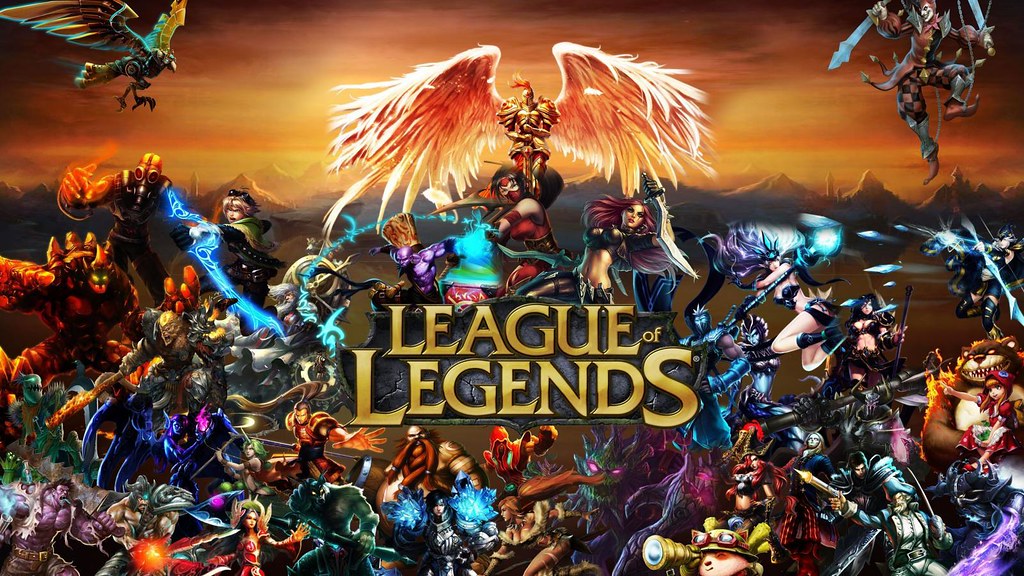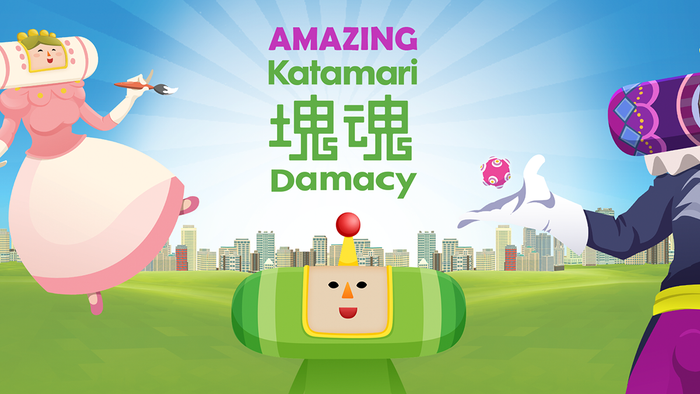Microtransactions by Riot vs. EA and the Path Toward the Dark Side
When microtransactions are supplemental to experience, not a way to get around it, there’s nothing wrong with that. However, when the game is structured around them, and when they are used as a way to bypass time spent playing, the play becomes a burden.

Truth be told, I haven’t played League of Legends in quite awhile. The game that had me enamored for so long didn’t change… well, I mean it has changed significantly since last season, particularly concerning runes and masteries, but what I mean to say is that I still love the game — I’ve just become too busy to play it as often.
Nevertheless, a couple of months ago, when I was still pouring hours into my Cho’Gath main game (before his re-work and descent into ban-hell with the likes of Yasuo and Darius), I decided I didn’t want to be that lame normie without a skin. I’m not the most frugal person, but buying in-game content has always been something I’ve avoided doing. Doesn’t matter if it’s new map packs for Halo or Call of Duty, or in-game accessories, I’ve always lived by the philosophy that if you can’t grind to get it, it’s not worth having. Of course, I’m a flaming hypocrite because I ended up purchasing more than one skin for Cho, including the illustrious Battlecast skin of his. To me though, that doesn’t matter. I finally found the exception to my rule in Riot Games and their product. Besides, only the Sith deal in absolutes, right?
The reason that I could justify spending that money, in my own head, was twofold; first, League of Legends is a free-to-play game with a completely optional micro-transaction system. Sure, it takes awhile to grind for IP to unlock new champions and runes, but I never felt like I was “grinding”. Even after looking up average IP per game, which is only 76 to 145 IP for a standard match in Summoner’s Rift according to the game’s Wikia, I can’t say I ever felt like I was gaining IP too slowly. Perhaps it’s because that “grind” is offset by the amount of time it actually takes to master a champion, or because new free content was introduced almost monthly, but in no way did I ever feel like my ability to enjoy the game was hindered by a lack of access to content. I also never felt like anybody was able to “buy” their victories, because winning in League requires skill that dwarfs any additional runes pages or quintessences bought by Riot Points. In short, I never felt coerced by Riot to buy RP, and that courtesy went a long way. It won me the company’s respect. They let me decide if I wanted to pay for completely optional content, on a game that they were already letting me play for free, all the while coming out with new, free, and fun content. I decided to let them have my money in return. Again, not because they coerced me, or made the game too hard — it was because I believed in the experience they were providing me and millions of others around the world.
The second reason has to do with two of the most downvoted words in the history of Reddit to date: “pride” and “accomplishment”. More specifically the sense of both that I felt after having played for as many hours as I did. This sense of pride and accomplishment didn’t come from spending IP to unlock characters, nor did it come from earning that IP in the first place. It didn’t come from earning skin shards, or orange or blue essence either. It came from mastering a champion and winning with them. Earning some random skin for a champion I didn’t play wouldn’t have mattered to me at all. The reason that I bought Cho’Gath skins specifically is because he was my main. He was my weapon of choice, and I was proud to have accomplished some semblance of proficiency with him. That pride and accomplishment would have been there to begin with, but the skin allowed me to show that sense of pride and accomplishment off to the rest of the world, simple as that.

I bring all of this is up due to the recent ruckus surrounding EA’s Battlefront II. Microtransactions aren’t a bad thing necessarily. In my opinion, there’s a right and wrong way to do it, and I’ve illustrated the right way. When microtransactions are supplemental to the experience, not a way to get around it, there’s nothing wrong with that. However, when the game is structured around them, and when they are used as a way to bypass time spent playing, the play becomes a burden. It feels like a grind. It’s almost as if EA doesn’t really care whether people play or even enjoy their game, but rather whether they spend money doing it. I’m not saying anything others haven’t already (Forbes, The Verge, and Ars Technica all touch on the problem with microtransactions and the public outcry in their wake, among other things), but I feel like this topic needs to be revisited until the release of the game because a lot is at stake here.
With EA insisting that this game (which represents the biggest pop culture phenomenon in recent history, mind you) be filled with microtransactions, you can bet other studios and publishers are watching for cues. If Battlefront II is still a financial success, despite the bad (not just bad, but dismal) press that they’ve received, you can bet plenty of other publishing companies will begin following suit, ignoring the wishes of core gamers to make money off of the masses. The thing that must be impressed, however, is that it’s not just core gamers getting butt-hurt, or even the integrity of an art form that’s at stake here: if EA succeeds and influences the industry toward microtransactions, even more people will be providing their personal and payment information to console manufacturers like Microsoft and Sony via Xbox Live and the Playstation Network, respectively. If ever there was a new target for cyber attacks, this would become it.
Michael Bennett, writing for ConsumerProtect, wrote a piece about two years ago titled “Consumer Dangers of Online Gaming”. He lists some of the risks of online gaming and even how to stay safe while gaming that, honestly, I would have thought was common knowledge — but that’s the thing; kids are playing these games, and neither they nor mommy and daddy are thinking about the risk associated with connecting a credit card number to a gaming account. For example, Bennett writes:
“Always pick a username that doesn’t actually reveal who you really are. If you can, or have to, create a personal profile, you have to make sure that you keep the information included in there to a bare minimum. Also make sure that your privacy settings are set in such a way that others cannot view it.”
We underestimate to what lengths hackers will go to obtain credit card and personal information, but social engineering is on the rise and it’s easy money when all the information is right there. Imagine:
“Hello, Mr. or Mrs. So-And-So, this is Andy from Microsoft live. We noticed a problem with your son, Junior So-And-So’s Live account and will need to reset this, that, and the other for him — “
You get the idea. Sure, only the gullible or uneducated will fall for it, but we’re dealing with potentially out-of-the-loop moms and dads and clueless teens here. Even enterprise level employees get scammed, so much so that some have claimed human error and lack of education concerning cybersecurity is the primary cause cyberattacks succeed. Recent surveys show that large and medium size businesses are woefully overconfident in their ability to thwart breaches. It’s a much bigger issue than most people realize.
Look, this isn’t a call-to-arms, and I’m not telling you to boycott Battlefront II. I’m just saying that greed on this scale causes more harm than good, and it hurts more than just the people who appreciate the art. I would hope that those of sound mind will make the conscious decision not to buy the game, especially after reading this piece, but not everybody sees it the same way I do. To them, this is an unseen evil, a uh… phantom menace, if you will. Let us just hope that inside of them, a force awakens (::headdesk::), and gamers everywhere can rejoice at the emergence of a new ho--oookay that’s enough of the puns.
For real though, consider everything that’s been said here. This is an affront on the artform of gaming media and an unnecessary money grab fueled by greed, the likes of which would make Palpatine proud. Think hard about whether everything that’s at stake is worth throwing away to play this game. Then, make your choice.
May the Force be with us all.
Read more about:
BlogsAbout the Author(s)
You May Also Like












